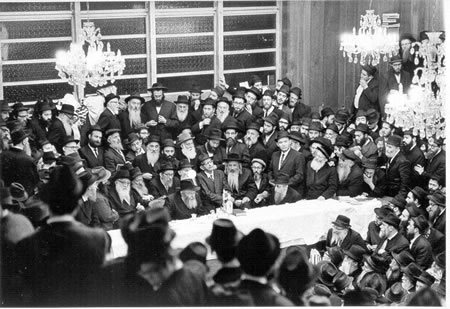Roots, Sources, and Hishtalshelus
There is a general principle regarding roots, sources and their place in existence. The lower something finds itself on the Hishtalshelus hierarchy, the higher its source before Hishtalshelus, that is, in Tohu and the like. For example: someone maybe the the student and another the teacher and although in our experience of things, the teacher is higher ranking, the student’s source is higher which is why the teacher gains more than the student. Another example is when Chassidus peaks about…









